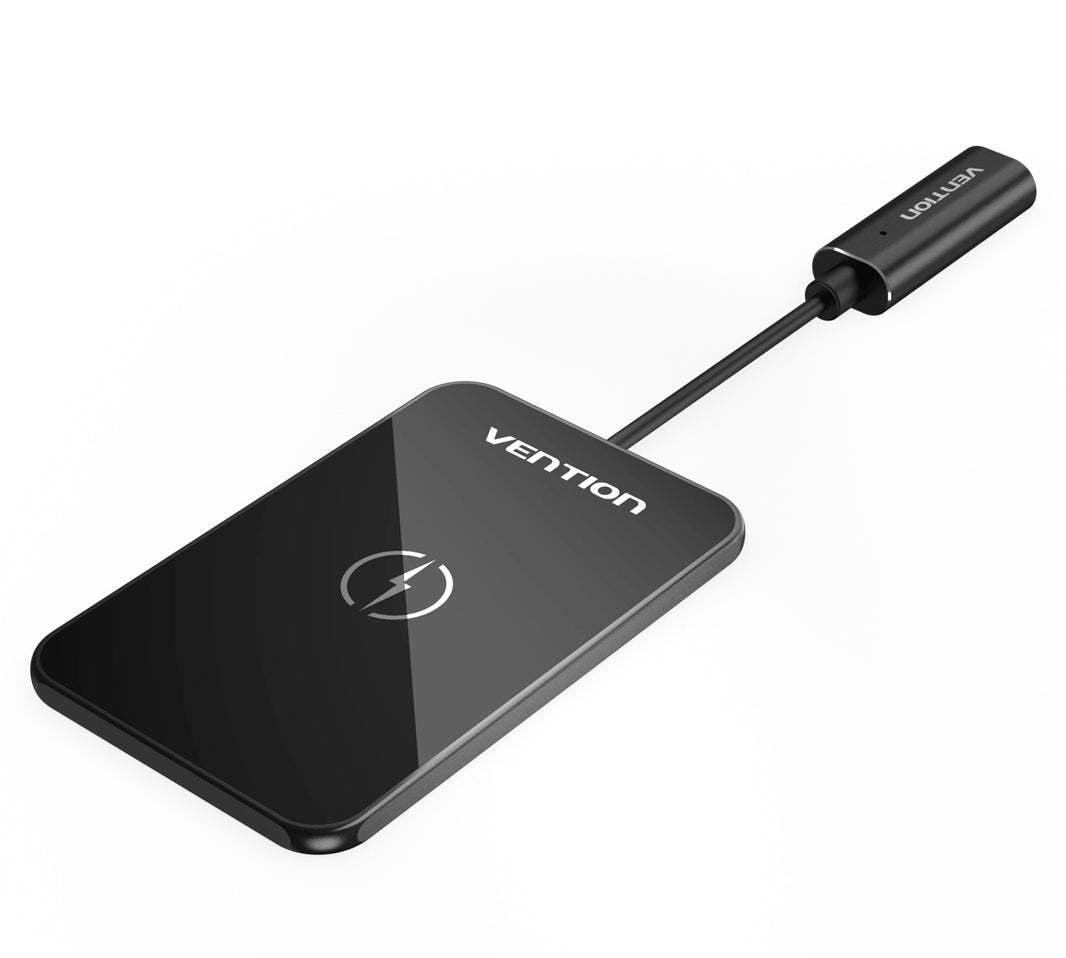Choosing between wireless and wired headphones can be a challenging decision given the variety of options available today. Both types have their own set of advantages and drawbacks, making them suitable for different lifestyles and preferences. To help you make an informed decision, let’s dive into the key pros and cons of wireless and wired headphones.
Wireless Headphones
Pros
1. Convenience and Mobility
Wireless headphones offer unparalleled convenience. Without the hassle of tangled cords, you can move freely while wearing them. This makes them ideal for activities such as working out, commuting, or simply walking around your home. The freedom from cables enhances your mobility and reduces the risk of accidentally yanking your headphones out of your ears or damaging your device.
2. Advanced Features
Many wireless headphones come equipped with advanced features such as noise cancellation, touch controls, and voice assistant integration. These features can significantly enhance your listening experience. Noise-canceling technology, for instance, can block out ambient sounds, allowing you to focus on your music or calls even in noisy environments.
3. Modern Design and Comfort
Wireless headphones often come in sleek, modern designs. They are available in various forms, including over-ear, on-ear, and in-ear models. Many of these headphones are designed with comfort in mind, offering cushioned ear cups and ergonomic shapes that fit comfortably during extended use.
Cons
1. Battery Life
The primary drawback of wireless headphones is their reliance on battery power. Depending on the model, the battery life can range from a few hours to a full day. This means you need to remember to charge them regularly, which can be inconvenient, especially if you’re on the go or if the battery runs out during use.
2. Potential Connectivity Issues
Wireless headphones rely on Bluetooth or other wireless technologies to connect to your device. While this generally works well, it can sometimes lead to connectivity issues, such as interruptions or delays in audio playback. Additionally, the audio quality can be affected by the stability of the wireless connection.
3. Cost
Wireless headphones tend to be more expensive than their wired counterparts. The inclusion of advanced technology and features contributes to the higher price tag. This might be a consideration if you are on a tight budget but still want a high-quality audio experience.
Wired Headphones
Pros
1. Consistent Audio Quality
Wired headphones are renowned for their consistent and often superior audio quality. Because they are connected directly to the audio source, there is no risk of signal interference or compression affecting the sound. Audiophiles and professionals often prefer wired headphones for their reliable and high-fidelity sound performance.
2. No Battery Concerns
Unlike wireless headphones, wired models do not require charging. This means you can use them anytime without worrying about battery life. They are always ready to go as long as they are plugged into a compatible device.
3. Affordability
Wired headphones generally come at a lower price point compared to wireless ones. You can find high-quality wired headphones at various price ranges, making them accessible for different budgets. This affordability makes them an attractive option for those who prioritize sound quality over modern features.
Cons
1. Limited Mobility
The most significant disadvantage of wired headphones is the restriction caused by the cable. The presence of a cord can be cumbersome, especially during physical activities. It can also lead to tangling and potential damage over time, which can be frustrating.
2. Wear and Tear
The cables of wired headphones are prone to wear and tear, which can lead to issues like fraying or breakage. This can affect the longevity of the headphones and may require repairs or replacement, adding to the overall cost.
3. Compatibility Issues
As more devices, particularly smartphones, move away from including headphone jacks, you may need additional adapters to use wired headphones. This can be inconvenient and may affect the audio quality depending on the adapter used.
Making the Decision
Ultimately, the choice between wireless and wired headphones depends on your lifestyle and preferences. If you value mobility, modern features, and convenience, wireless headphones may be the better choice for you. They are perfect for active individuals and those who appreciate cutting-edge technology.
On the other hand, if you prioritize consistent audio quality, affordability, and reliability, wired headphones are likely the better option. They are ideal for audiophiles, professionals, and those who do not want to worry about charging their headphones regularly.
Consider what aspects are most important to you and how you plan to use your headphones. By weighing the pros and cons of each type, you can make an informed decision that best suits your needs and enhances your listening experience.







